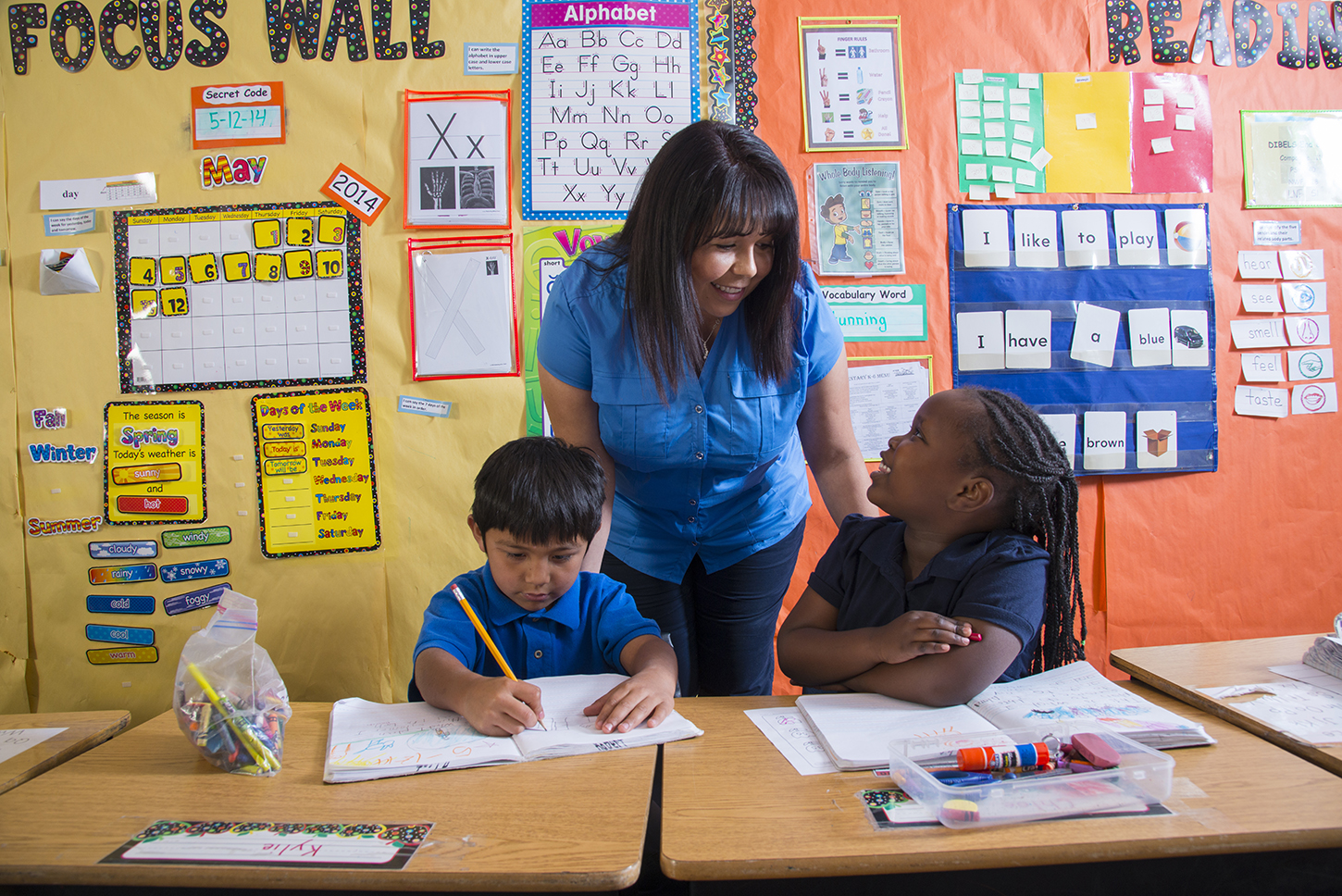February 15, 2017
Teaching Self-Advocacy for Our Children
What to say to parents and students when they don’t see the value.
One of the most crucial lessons a teacher can help parents learn and adapt to (in all grade levels and in all discipline contents) is self-advocacy. This skill helps the individual take control of all aspects of their own lives. These are students who are not dependent on another person, not even their parents. They are critical-thinking, problem-solving masters, sometimes at too young of an age.
How Self-Advocacy Differs Now
This shouldn’t shock you: Learning today is different than it was in the past. We do not have to go to the library, but merely type in a question on Google for an immediate answer. Students do not always raise their hands in class; instead, the students opt to send an email to the teacher later that night seeking clarification.
As a result, students are learning less-than-ideal, lifelong habits that will invariably follow them into adulthood. Instant gratification has its positives, but it also reinforces to students that there is no value to hard work and discipline. Answering a late-night email perpetuates the idea that interpersonal relationships should take a backseat to social networking.
Why Students Should Advocate for Themselves
Students need to know that they will grow up, and will become adults. Once they are of legal age, that child is now deemed an adult and has the same responsibilities as their parents. Our students will one day deal with insurance, car payments, credit card bills, and student loans. Their parents will not be allowed to access these documents due to privacy laws. When parents ask why you are teaching self-advocacy, remind them of the significance of this skill. Every parent hopes his or her child is self-sufficient, a well-rounded adult, and successful. Teaching self-advocacy is a crucial way to ensure our children are successful adults tomorrow.
Lead With the Why
Be sure to teach students the importance of why they need to be in control of their life. Start with small skill building scenarios: asking a question in class, doing research without the aid of Google, solving a complex problem, or being a leader in a collaborative team project. Consider creating a project where they have to budget and see what life could be like when they are in college or beyond.
Our students must know how to act without the aid of their parents. Why? It’s a crucial part of life to ask question, do research, and make critical decisions on their own.











